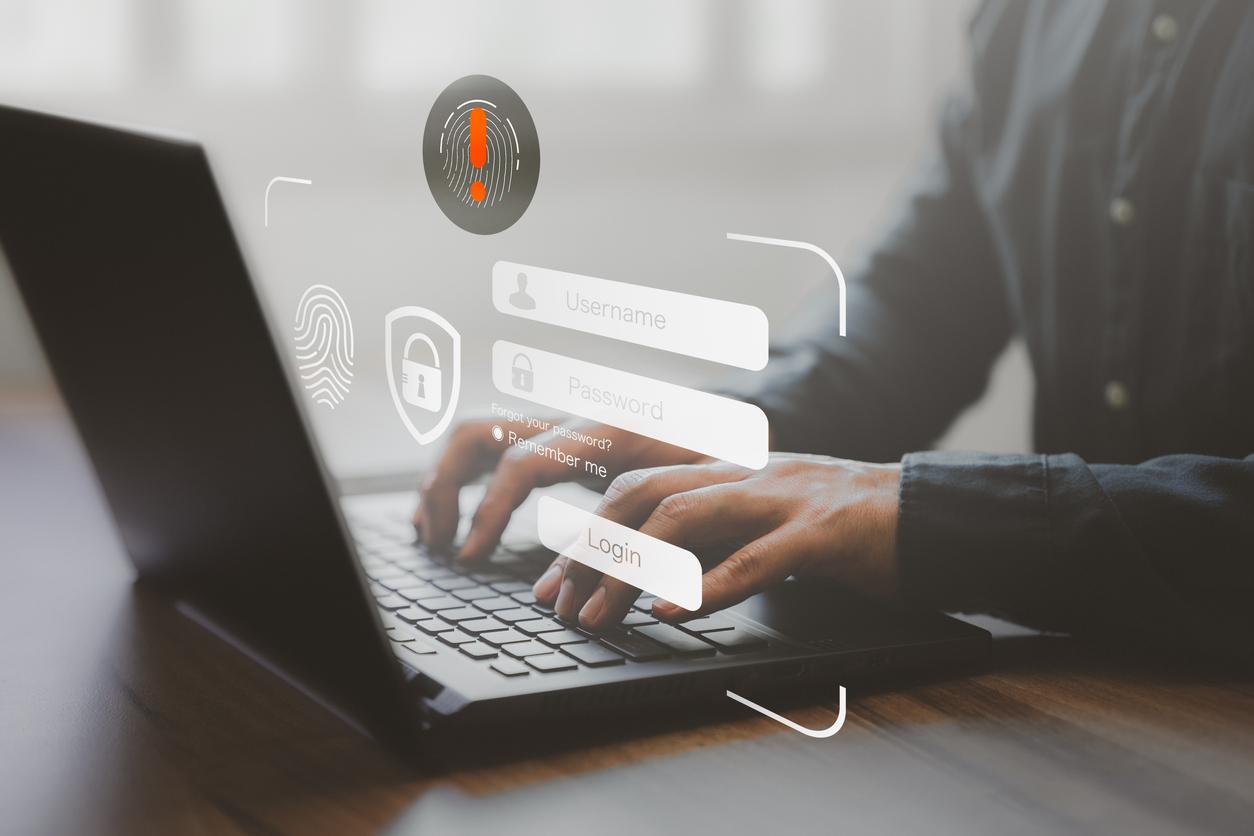Chances are, if you’re like most people, the potential threat of identity theft is at the forefront of your mind. With the FTC’s data showing that there were 1.1 million reports of identity theft received through its IdentityTheft.gov website in 2022 alone, the concern is very justified. Keep reading to learn more about identity theft and what you can do to avoid becoming another victim of it.
What is identity theft?
Identity theft is the act of using someone’s personal info, such as their name, Social Security number, credit card details, or other confidential data, for fraudulent purposes. This can involve unauthorized access to bank accounts, credit card fraud, the creation of fake identities, or obtaining loans in the victim’s name. For victims, identity theft is often highly distressing, causing both financial and emotional harm, and presenting significant challenges in recovering and reclaiming their stolen identities.
Check out this article to learn about the signs of identity theft and what to do if you think you’re a victim.
How identity theft happens
Identity theft happens when a criminal gets their hands on enough of a victim’s personal info to be able to impersonate them. Below are some of the ways criminals procure victims’ personal info.
- Data breaches: When a hacker infiltrates a company’s systems and steals customer data, they will often post it or sell it on the dark web, where other criminals can access it.
- Phishing: Scammers will often use phishing scams to trick people into entering their personal and financial info onto fake websites pretending to be legitimate.
- Stolen wallets/purses: Physical theft of personal documents like IDs, credit cards, or passports can provide criminals with the information they need to commit identity theft.
- Social media: Unfortunately, many people overshare on social media, providing criminals with the opportunity to gather details about a person’s life, interests, and connections, which can aid in identity theft.
- Unsecured Wi-Fi: The data transmitted over unsecured Wi-Fi networks, such as login credentials and other sensitive information, can be captured by hackers.
Who is the target of identity theft?
Anyone can be the target of identity theft, however, some groups may be more commonly targeted, including:
- The elderly: Senior citizens are targeted because they are often less familiar with technology and more trusting of unsolicited communications.
- People with good credit: Those with a good credit history are often targeted because criminals can take out new credit cards in their name and make unauthorized purchases.
- People with high incomes: Criminals may target individuals with higher incomes because they potentially have more significant financial resources and assets to exploit.
- Children: Children’s personal information can be used for fraudulent activities over an extended period before being detected, as they typically have no financial history, which can delay the detection of identity theft.
What can criminals do with your identity?
If a criminal were to steal your identity, they could do lots of highly malicious and fraudulent activities. Below are just a few of them.
- Financial fraud: They could access and drain your bank accounts, apply for new credit cards or loans in your name, or make unauthorized purchases using your credit or debit card information.
- Tax fraud: They may file fraudulent tax returns in your name to claim refunds or commit tax evasion, leaving you with potential legal and financial repercussions.
- Medical fraud: Your stolen identity could be used to obtain medical services or prescription drugs, which can affect your medical records and billing.
- Employment fraud: Some criminals use stolen identities to secure employment, which can affect your work history, taxes, and social benefits.
- Utility fraud: They can open utility accounts in your name and run up unpaid bills, damaging your credit score.
How to safeguard your identity for FREE
Trend Micro ID Protection gives you all the tools you need to improve your online privacy and shield against identity theft, fraud, and unauthorized access to your online accounts. Its comprehensive range of features includes personal identity monitoring, social media monitoring, a secure password manager, and a privacy-enhancing browser extension.
With ID Protection you can…
- Receive alerts if your personal info gets leaked.
- Stop sites from collecting privacy-compromising data.
- Safeguard your social media accounts against hackers.
- Protect against online threats, such as phishing scams.
- Create, store, and manage strong, tough-to-hack passwords.
What’s even better, is that you can enjoy a 100% unrestricted, 30-day free trial of ID Protection, so you can take advantage of all its awesome features and start securing your identity and privacy today! Click the button below to get started!
If you’ve found this article an interesting and/or helpful read, please SHARE it with friends and family to help keep the online community secure and protected. Also, please consider clicking the LIKE button below and leaving a comment to tell us what you think!
